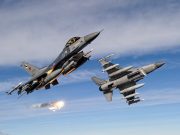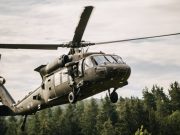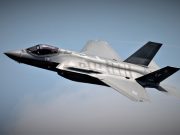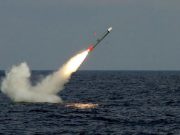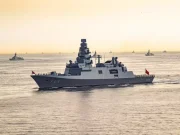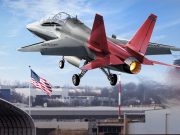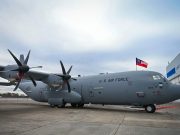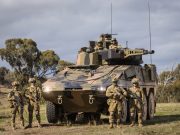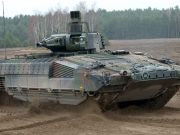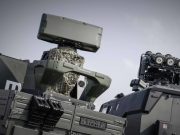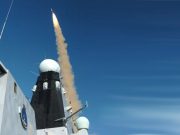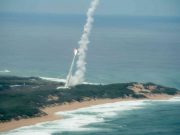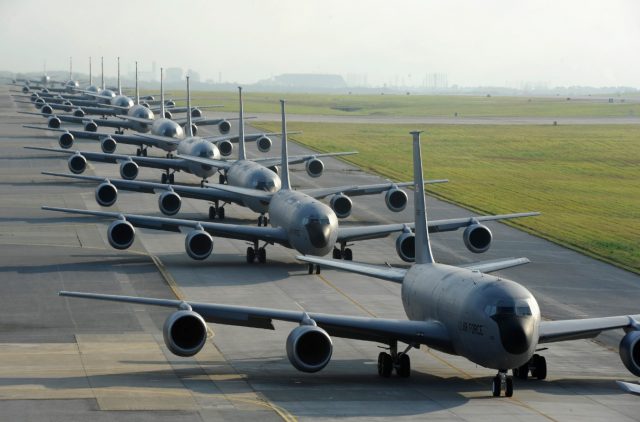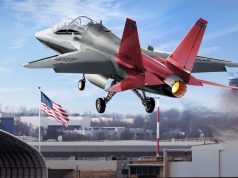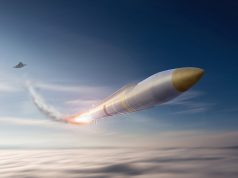The US Air Force will have all KC-135 tanker aircraft inspected for a non-conforming part in the vertical tail assembly, which will have an impact on operations.
According to the Life Cycle Management Center, the Time Compliance Technical Order (TCTO) restricts flight operations until the approximately 30-minute inspection is completed.
The TCTO, issued February 14, follows a similar directive announced February 10 for each KC-135 to be inspected for non-conforming vertical terminal fitting pins (tail pins). While the initial requirement was for inspections to take place in the next 15 days, the new TCTO requires inspection prior to the next flight.
The Program Office determined that non-conforming vertical terminal fitting pins, which have not been confirmed to meet technical specifications, may have been installed on some KC-135, RC-135, and WC-135 jets.
“We’re taking this action out of an abundance of caution, after consulting with our engineering experts,” said Col. Michael Kovalchek, Senior Materiel Leader with the Air Force Life Cycle Management Center’s Legacy Tanker Division. “We are working closely with Air Mobility Command and all operational users and anticipate all potentially affected aircraft will be inspected.”
As of February 12, 90 aircraft had been inspected with 24 found to have non-conforming pins. Although no mishaps have resulted, leaders elected to accelerate the inspection due to a lack of information to assess the risk of materiel failure in non-conforming parts.
Planes that have already been inspected and found with proper pins have already returned to flying status.
Aircraft found to have non-conforming pins will be authorized a one-time flight to a repair location. The KC-135 Program Office anticipates aircraft which require only a swap out of new pins can be accomplished within a day. Most pin replacement work will likely be accomplished at the Oklahoma City Air Logistics Complex, where the KC-135 fleet also undergoes depot maintenance.


